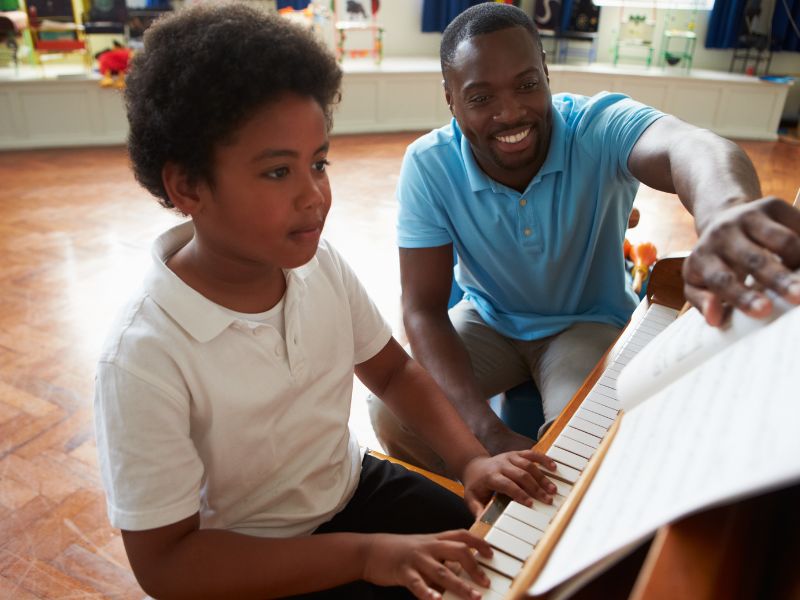Read more about piano lessons for special needs here.
For many children diagnosed with Autism Spectrum Disorder (ASD), engaging in activities that promote social interaction, cognitive development, and emotional expression can be challenging. However, piano lessons have been shown to be a powerful tool in helping autistic children unlock their potential and thrive.
The Benefits of Piano Lessons for Autistic Children
Learning to play the piano can provide numerous benefits for children with autism. Music therapy has been shown to improve communication skills, enhance cognitive abilities, boost self-esteem, and promote emotional regulation in individuals on the spectrum.
Improving Cognitive Skills
Playing the piano requires focus, attention to detail, and problem-solving skills, all of which can help improve cognitive functioning in autistic children. Through music theory and practice, children can enhance their memory, processing speed, and organizational abilities.
Enhancing Communication
Music is a universal language that transcends verbal communication. Through playing the piano, autistic children can express their emotions, thoughts, and creativity in a nonverbal way. This can help improve their ability to communicate and connect with others.
Promoting Emotional Regulation
Music has the power to evoke emotions and can serve as a therapeutic outlet for individuals with autism. Piano lessons can help children learn to regulate their emotions, manage stress, and cope with anxiety in a healthy and productive way.
Choosing the Right Piano Teacher
When selecting a piano teacher for your autistic child, it is important to find someone who is understanding, patient, and experienced in working with individuals with special needs. Look for a teacher who can tailor lessons to your child’s learning style and abilities, while also fostering a supportive and encouraging environment.
By enrolling your autistic child in piano lessons, you are giving them the opportunity to explore their musical talents, improve their cognitive skills, and enhance their emotional well-being. With the right guidance and support, children with autism can thrive and reach their full potential through the power of music.
